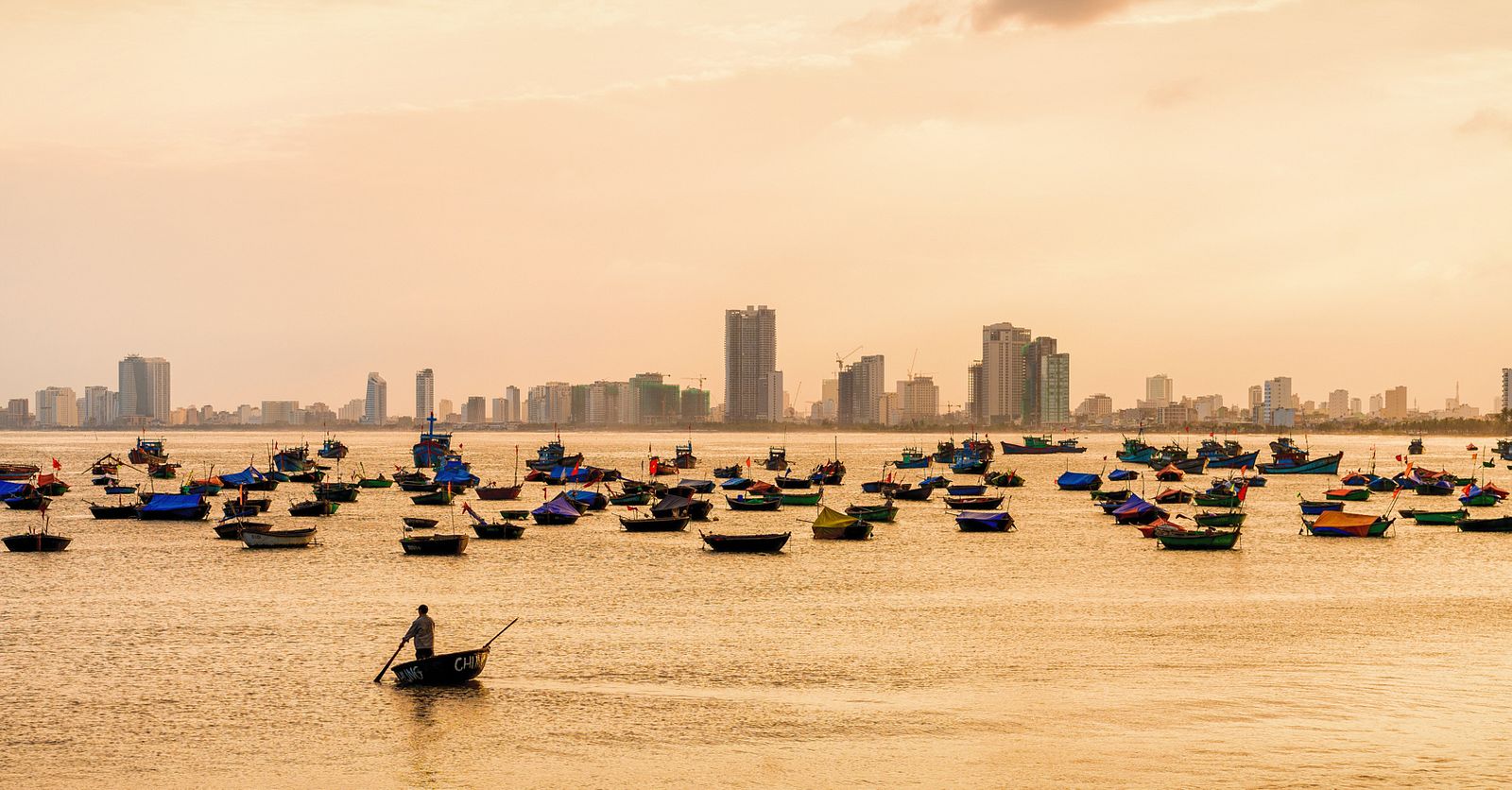The coronavirus epidemic has had a major impact on tourism-related industries in Vietnam.
In reaction to the ruinous effects of Covid-19 on tourism, the Ho Chi Minh City Tourism Department has proposed a 50% tax cut for tourism-related businesses, as reported by VnExpress.
In 2019, tourism in Vietnam was at an all-time high, with a total of 18 million foreign tourists visiting the country. This was a 16.2% increase year-on-year. The biggest group of tourists coming into the country were Chinese, who accounted for 32% of visitors. In 2020, these numbers are seeing a sharp decrease, with an accompanying drop in tourism revenue.
Bui Ta Hoang Vu, the director of the HCMC Tourism Department, told reporters that foreign tourist arrivals had fallen 62% in the first two months of 2020. This has caused a VND920.5 billion (US$39.8 million) decrease in revenue, with 88,000 tourists having canceled plans to visit Vietnam.
In order to support the businesses that have been most affected by the coronavirus, the HCMC Tourism Department stated that the People's Committee should cut income tax and value-added tax for restaurants, hotels, transport, and tourism companies. Further, the Tourism Department stated that tax collection should be delayed to the third or fourth quarter of the year, and land fees for convention centers and hotels should be cut in half for two years.
The Tourism Department has also looked to the government to give visa waivers to individuals from Australia, New Zealand, Russia and Canada in order to boost tourism in the country.
This tax cut proposal was made amidst several efforts to quell the side-effects of Covid-19 on tourism in Vietnam. These efforts include the opening of Vietnam's first overseas tourism office in the UK, VietJet offering a 50% discount on tickets for all routes, and two campaigns made by the Vietnam Administration of Tourism to increase domestic and international tourism.
The Vietnam Tourism Advisory Board projects that the Covid-19 epidemic could cause Vietnam's tourism revenue to drop by US$7–15 billion this year. This projection is based on a speculated 90–100% drop in Chinese tourists and a 50–70% drop in domestic and other tourist markets.














